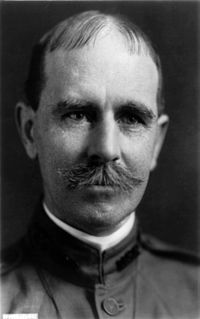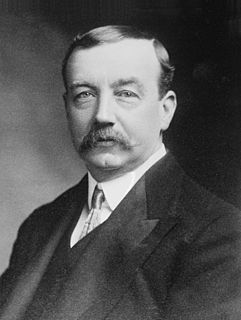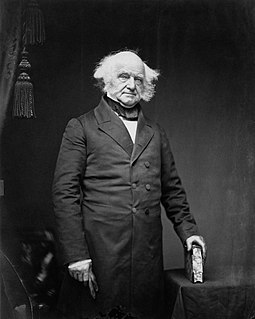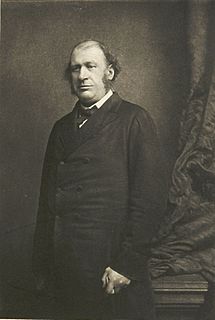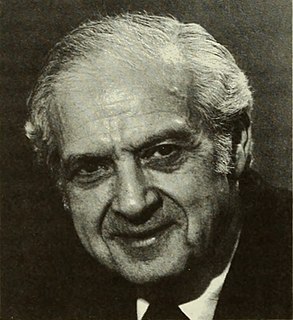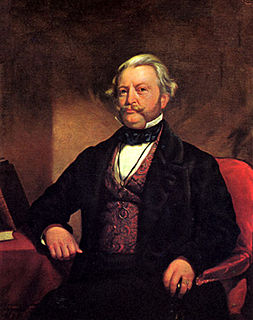A Quote by Elihu Root
Claims of right and insistence upon obligations may depend upon treaty stipulations, or upon the rules of international law, or upon the sense of natural justice applied to the circumstances of a particular case, or upon disputed facts.
Related Quotes
Nicaragua dealt with the problem of terrorism in exactly the right way. It followed international law and treaty obligations. It collected evidence, brought the evidence to the highest existing tribunal, the International Court of Justice, and received a verdict - which, of course, the U.S. dismissed with contempt.
Law and justice are from time to time inevitably in conflict ... . The jury ... adjusts the general rule of law to the justice to the particular case. Thus the odium of inflexible rules of law is avoided, and popular satisfaction is preserved ... That is what jury trial does. It supplies that flexibility of legal rules which is essential to justice and popular contentment.
I am because the Chinese have agreed - entered into this agreement in 1997. It sets out the circumstances in which the release of a prisoner who is the subject of a transfer may occur in exceptional circumstances. So the Chinese, having agreed to those principles, I'm sure have no objection to them being applied in this particular case.
The rules and principles of case law have never been treated as final truths but as working hypotheses, continually retested in those great laboratories of the law, the courts of justice. Every new case is an experiment, and if the accepted rule which seems applicable yields a result which is felt to be unjust, the rule is reconsidered.
I'm a common law judge. I believe in deciding every case on its facts, not on a legal philosophy. And I believe in deciding each case in the most limited way possible, because common law judges have a firm belief that the best development of the law is the one that lets society show you the next step, and that next step is in the new facts that each case presents.


